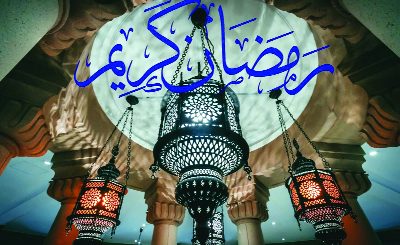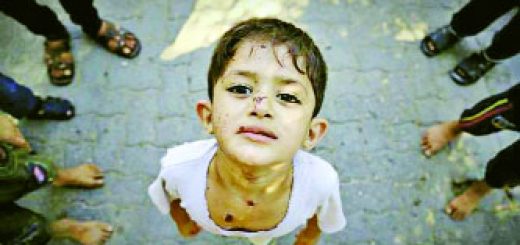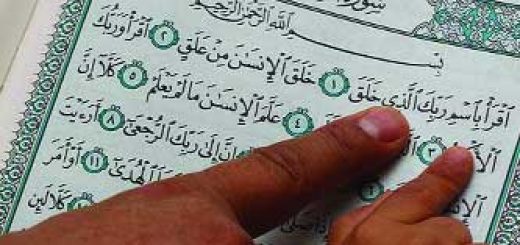The Trials of Ramadan -Mohammad Waliuddin Tanvir
I find the long hours of fasting really hard. I know I am not supposed to say that, but the truth is before every Ramadan, all I think about are the long days ahead. I am absolutely terrified. Then it arrives…Bam! It hits me, and the strange thing is…I survive every time.
So it is with so many of life’s trials. The anticipation is the worst part. I have come to terms with Ramadan being difficult; it is supposed to be. Ramadan takes a physical and emotional toll. It is supposed to. If it was plain sailing, why would God give it His personal recompense, as He declares, “The fast is for Me, so I myself will give the reward for it.”
Life is full of trials and tests, and like all tribulations, there is hardship and ease. Ramadan comes, and then goes. Unlike other trials however, when it leaves, there is a sense of regret and sadness, for whilst Ramadan may well be demanding, its blessings are plentiful, particularly in this modern age.
Whilst we may try to avoid its impact, so much of our existence revolves around entertainment. Films, advertising, computer games, even our newspapers are filled with the escapism of the Hollywood/Bollywood story line and the title-tattle of wags and celebrities. We can suspend our reality and live in the world of ‘reality TV’. We can escape to fantasy, and leave our own often mundane, often troublesome, lives behind. Then Ramadan comes along and gives us a huge dose of reality in one swift goes: the reality of hunger and thirst, which tries one’s patience. The month asks us not to escape from reality, but to escape into reality—to focus on the travails of life. The month asks us to see and feel the daily lives of the world’s poor for whom hunger and thirst is a daily routine.
In addition, unless we are up all night playing computer games and watching movies, Ramadan should also give us a much-needed detox from the grip of contemporary entertainment. Ramadan allows us to free our over-bombarded senses, and instead prime them with a sense of wonder and humility. By depriving our bodies of food and drink, we heighten our sense of being. By depriving our ears and eyes of the constant over-stimulation, we allow ourselves to experience the natural world. By experiencing the absence of pleasure, we are able to experience the pleasure of absence.
Ramadan, by putting a physical strain on the body, requires us to slow down. By embracing each moment at a slower pace, we are able to absorb much more of the detail. In a speeding train, all you see is a blurred scene. But slow down, and the view becomes clear; you see the detail, the intricacies of the landscape you are passing by. So much of the modern world is about the destination, about getting there, that we forget the journey itself, and forgo the potential to enjoy and learn. There is a period of gestation in everything, and we distort it at our own peril.
Into this chaotic world comes Ramadan, and asks us to assert control over ourselves, to regulate our desires and baser instincts, and to conquer them. By doing so, we are better able to know ourselves, and our relationships—with people, with our society and our environment. We have a clearer insight, a deeper understanding, and a broader perspective.
Of course, we can miss all of this. We can sleep through the day, and party at night. We can go shopping, watch films, play games, chat with friends, eat, and smoke. Do this all night long, and then sleep during the day—basically inverting the normal routine. And all we will gain from fasting, as the Prophet Muhammad warned, is “hunger and thirst”.
A successful regime of physical fitness requires endurance. Ask an Olympic athlete—they have been in training for months already. Likewise, for our souls to be enriched, they too must endure. Ramadan is a test. For me, it is a giant test that I fear every year. Yet, once it is here, I believe the more we embrace it, the more we will grow; and surely that is the point of our existence, “Consider the human self, and how it is formed in accordance with what it is meant to be, and how it is imbued with moral failings as well as with consciousness of God! To a happy state shall indeed attain he who causes this self to grow in purity, and truly lost is he who buries it in darkness.” (Qur’an 91:7-10)
And so, despite my fears and my trepidation, with God’s Grace and with God’s Help, I pray Ramadan comes into my life again this year. I pray that I am able to fast for Him, to take time to reflect on Him, to experience fully the presence of the Merciful in my life; and to be thankful that every year I have this opportunity to grow as a human being.
















Recent Comments